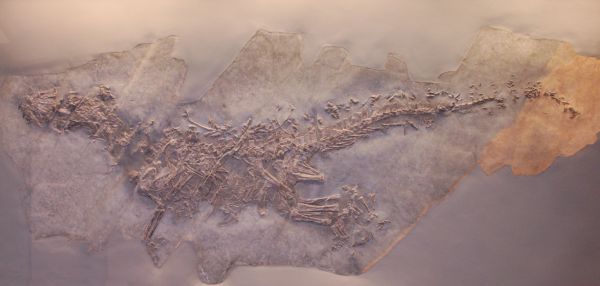
Mass extinction survival is more than just a numbers game
Widespread species are at just as high risk of being wiped out as rare ones after global mass extinction events, says new research by University of Leeds scientists.

Widespread species are at just as high risk of being wiped out as rare ones after global mass extinction events, says new research by University of Leeds scientists.
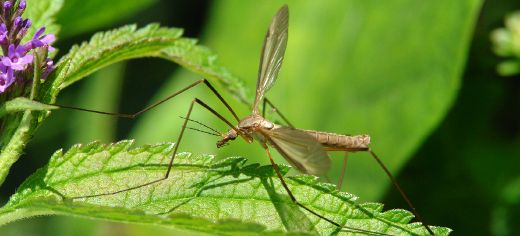
An entire ecosystem is at risk from the effects of climate change on the UK’s blanket bogs, scientists at the University of Leeds have warned.

The volume of Arctic sea ice increased by a third after the summer of 2013 as unusually cool air temperatures prevented the ice from melting, according to University of Leeds and UCL scientists.
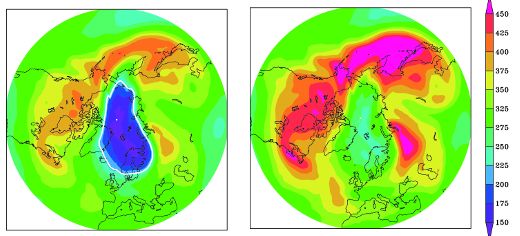
We are already reaping the rewards of the Montreal Protocol, with the ozone layer in much better shape than it would have been without the UN treaty, according to a new study in Nature Communications.
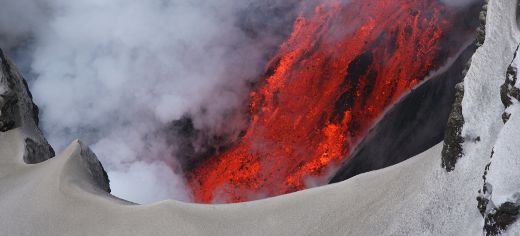
Predictions of where planes can safely fly following volcanic eruptions could be improved, thanks to fresh discoveries about ash clouds.

New research has found that around 1% of all tree species in the Amazon store 50% of carbon in the region.
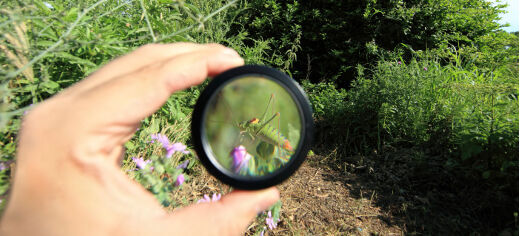
University of Leeds researchers are playing a key role in a €7 million international collaboration, granted by the European Union's Horizon 2020 fund, to develop new, eco-friendly pesticides.
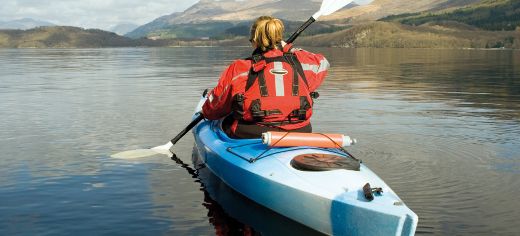
Hot water could be the answer to stopping aquatic invasive species from "hitchhiking" around Britain on anglers' and canoeists' kit, according to a new study.
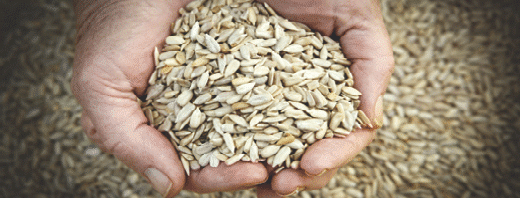
The University of Leeds will be driving innovation in food security after a new multi-million pound research grant was awarded by government.
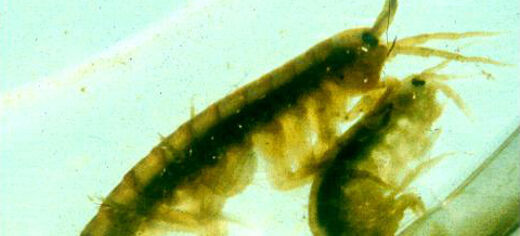
Parasites can play an important role in driving cannibalism, according to a new research which looked at cannibalism among freshwater shrimp in Northern Ireland.